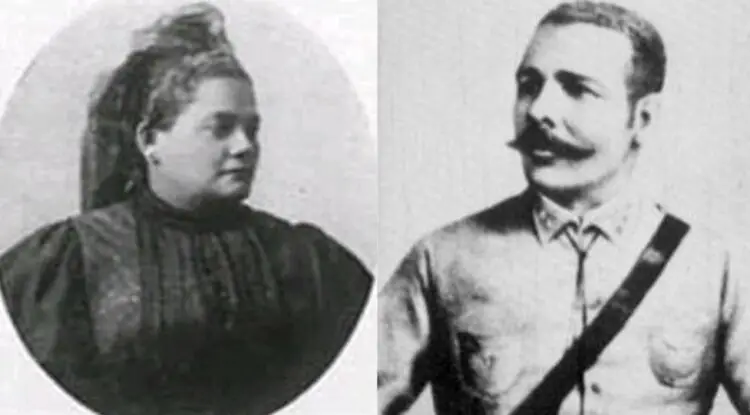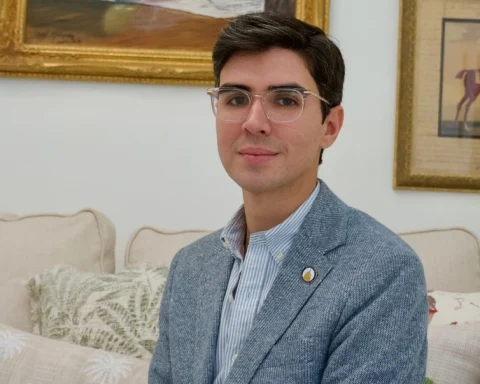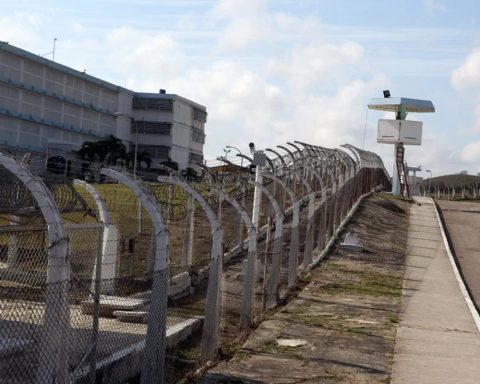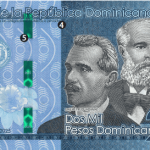HAVANA, Cuba.- It is said that behind every great man, there is a great woman. The saying is not always true, but in the case of María Magdalena Cabrales, there is no doubt that she was the perfect companion for Lieutenant General Antonio Maceo, a hero of Cuban independence, with whom she shared the dream of a free Cuba, the rigors of the jungle and the bitterness of exile.
On March 20, 1842, in Santiago de Cuba, the wife of the Bronze Titan was born. She is an intelligent woman, with a strong character and unconditional patriotism, she could not develop intellectually due to the prejudices of the time; but she shared with Maceo all the independence plans and attempts. She lived with him and endured the vicissitudes of the Ten Years’ War, working as a nurse in field hospitals. Along with him, she rejected the Zanjón Pact, supporting her intransigent attitude towards the proposal of the Spanish general Arsenio Martínez Campos.
Maria Cabrales seconded the Baragua protest, the revolutionary attempt known as “Guerra Chiquita” and embarked on a long exile with her husband, which included countries such as Jamaica, Honduras and Panama, until finally settling in Costa Rica. There she founded the Club of Cuban Women of Costa Rica, through which she raised funds for the preparation of the Necessary War. Her work was so fruitful that Jose Marti He described her as his best collaborator in that Central American nation.
He returned to Cuba with Maceo to accompany him in what would be the definitive fight for freedom. He took part in the invasion of the West and, after the fall in combat of the Titan, in December 1896, he retired to live in the San Agustín farm, in Santiago de Cuba, until his death, which occurred one morning in July 1905.

















